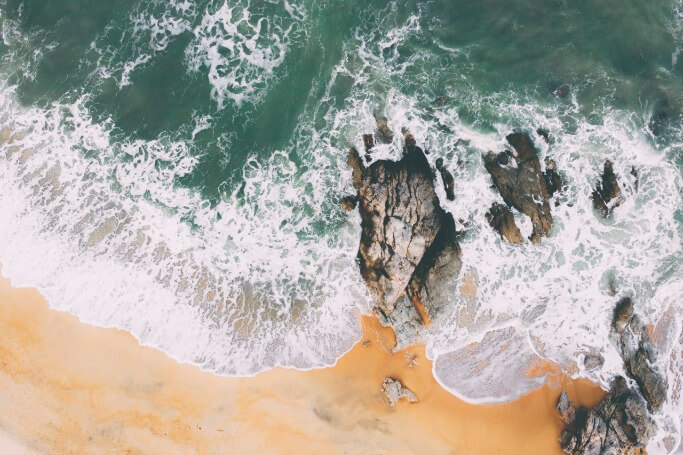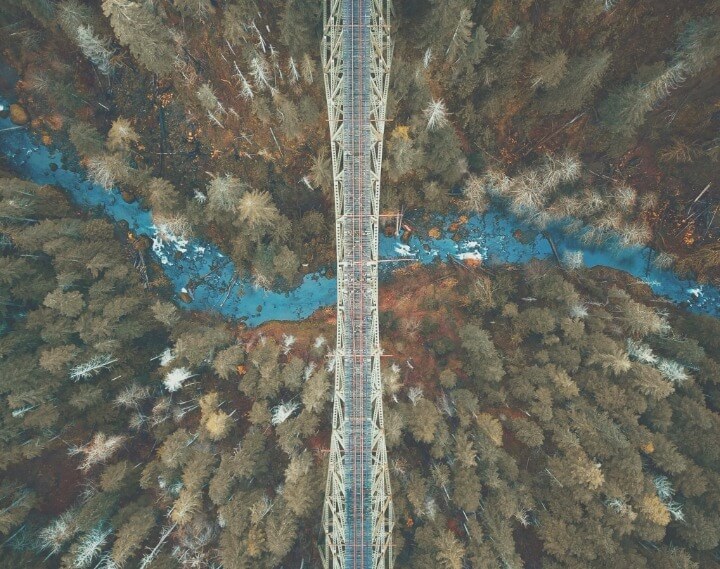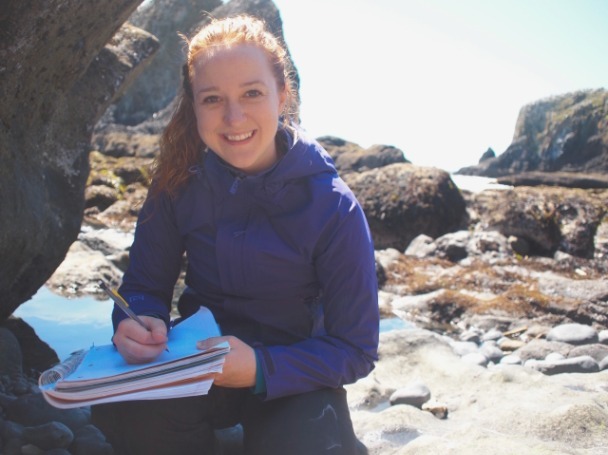This fall I received an invitation to attend the Branscomb Forum on Environmental Justice, Science, and Democracy. My first thought was “I’m too busy to travel to another meeting….” I was questioned by a friend, “do you even work on democracy and social justice, I thought you did science communication?” I could easily have justified not attending this meeting. But my gut spoke to me; don’t we all work on democracy and social justice? I reflected on the inequity, racism, and fundamental divides that surround us in our society and in our research institutions. I reflected on the stream of passive-aggressive Facebook comments I read earlier that day (and throughout this entire election season), none of which involved real listening or real conversation. I thought about my own privilege, and the fact that if I chose to not go to this meeting or do anything differently in my life I will still be safe, protected, insured, employed. But if we all just keep doing the same thing, is anything really going to change? What am I – as a professional, a mom, a citizen, a white person – going to do differently? One thing I can do differently is put my privileged idea of busy-ness aside, go new places, meet new people, and learn new things. I couldn’t not have time for this meeting.
I arrived at the historic Union Depot in St. Paul, Minnesota and walked into the opening public plenary, organized by the event’s co-sponsors the Environmental Justice and Science Initiative (a coalition of environmental justice organizations and researchers working to ensure that the environmental justice community has access to scientific expertise), Center for Earth, Energy and Democracy (CEED), and the Union of Concerned Scientists. I scanned the couple-hundred-person crowd. I had never been at a science-related event with so much diversity, where I was in the racial minority. I also quickly realized that I only saw one person I knew. One! In our COMPASS trainings we encourage scientists to get out of their comfort zone and engage with new partners and audiences. Time for me to take our advice.
After squeezing myself in between a local community organizer and a Louisiana-based civil rights attorney, the opening plenary panel began, including Dr. Antonio Lopez, Senior Advisor at the Little Village Environmental Justice Organization. The forum’s focus was environmental justice – thinking about how the burdens of our system, including impacts on public health safety and the environment, fall disproportionately heavily on communities of color and low income. But the opening discussion started more broadly, addressing issues of science, race, and power. Antonio’s comments were powerful and transformative for me. Within the first fifteen minutes of this 2-day event, my frame shifted, I learned new things, and I met new people. I was so glad I wasn’t too busy to come. With Antonio’s permission, I share part of his comments here:
I would like to begin my contribution this evening by contending that our current conjuncture—whether in the US or globally—is characterized by extraordinary scientific accomplishments and equally devastating experiences of racial domination.
What does this mean?
There is perhaps not a month that goes by where one can marvel at the advances of subatomic and astro-physicists, neuroscientists, climate scientists, and others in the scientific community. I myself, am still reeling at the verification of gravitational waves. The undeniable progress of science and power of the scientific method is truly on full display and for all to witness in this era of hyper communication.
At the same time, there is not a week that goes by where one can bear witness to the persistence of old techniques of racial violence and domination, and new episodes of ethnic conflict, obliteration and human degradation. Indeed, anti-black and brown police violence in the United States, the death of migrants crossing the Mediterranean, the efforts to eradicate the Palestinian people, and the violations of indigenous sovereignty across the planet, are only a few examples that testify to the fundamental presence of race as an increasingly efficient strategy of power in our current experience of modernity.
I contend, that this contemporary relationship between scientific advancement and racial domination—this moment of simultaneously witnessing human ingenuity and human atrocities—is not by chance.That in fact, if we are to begin to bridge the scientific and environmental justice communities, we will need to first reckon with the fundamental complicity of scientific knowledge and institutions, with histories of conquest, colonialism, and capital.”
Antonio went on to eloquently and powerfully explore this thesis: that the institution and culture of science has propagated, and is intimately linked to, issues of race, power and inequity. While I know that racism is experienced at all institutions, and that science is just another institution, I simply had not thought about it adequately before. I know this isn’t a new idea. I know many of you reading this have seen and thought about this for years, decades, maybe your entire lifetime, and I’m just starting my journey. But Antonio’s comments are powerful, and if you haven’t thought about this topic before – I hope they introduce a new perspective.
The institution of science and culture of science is one of constant evolution—toward open access, to more interdisciplinary teams, to embracing engagement. And like all institutions, it’s ultimately about people, behavior and relationships. Those of us who are part of this evolution have a responsibility to include and partner with those that understand and experience these issues of inequities. I know many of us are working on making the culture of science more inclusive, but we’ve got more work to do and we need more hands on deck. It may mean doing something different or going somewhere new—even if you don’t have to or don’t have time to. I hope sharing Antonio’s remarks and my experience will help you on your path of inquiry. If you’re already on this path, and I’m sure many of you are further down it than I am, I hope you find ways to share your experience so more of us can learn from it. I hope we all find the patience and space to meet people with different experiences and perspectives. The amount of listening (especially by scientists!) that occurred at this forum was phenomenal and heartening.
As you think about the relationship between the institution of science and historic inequities and injustices, we welcome hearing about what you are grappling with, and what you think those of us in the science communication and engagement world should be examining or doing differently. We would also love for this blog to be a platform for further discussion, so please be in touch with us if you have thoughts to share and would like to guest blog on this topic. As we all feel the tug of social and political forces today, this forum, these conversations, and our actions have never been more important.
Enormous thanks to the Environmental Justice and Science Initiative, Center for Earth, Energy and Democracy, and the Union of Concerned Scientists for making this gathering happen, facilitating welcoming and intense conversations, and helping new people meet and exchange perspectives. The organizers shared some great follow up resources like Scientist-Community Partnerships: A Scientist’s Guide to Successful Collaboration which includes Step Out of the Silo: Science through a Community and Social Justice Lens that further explores these topics. And add #decolonizeSTEM to your Twitter lists.



